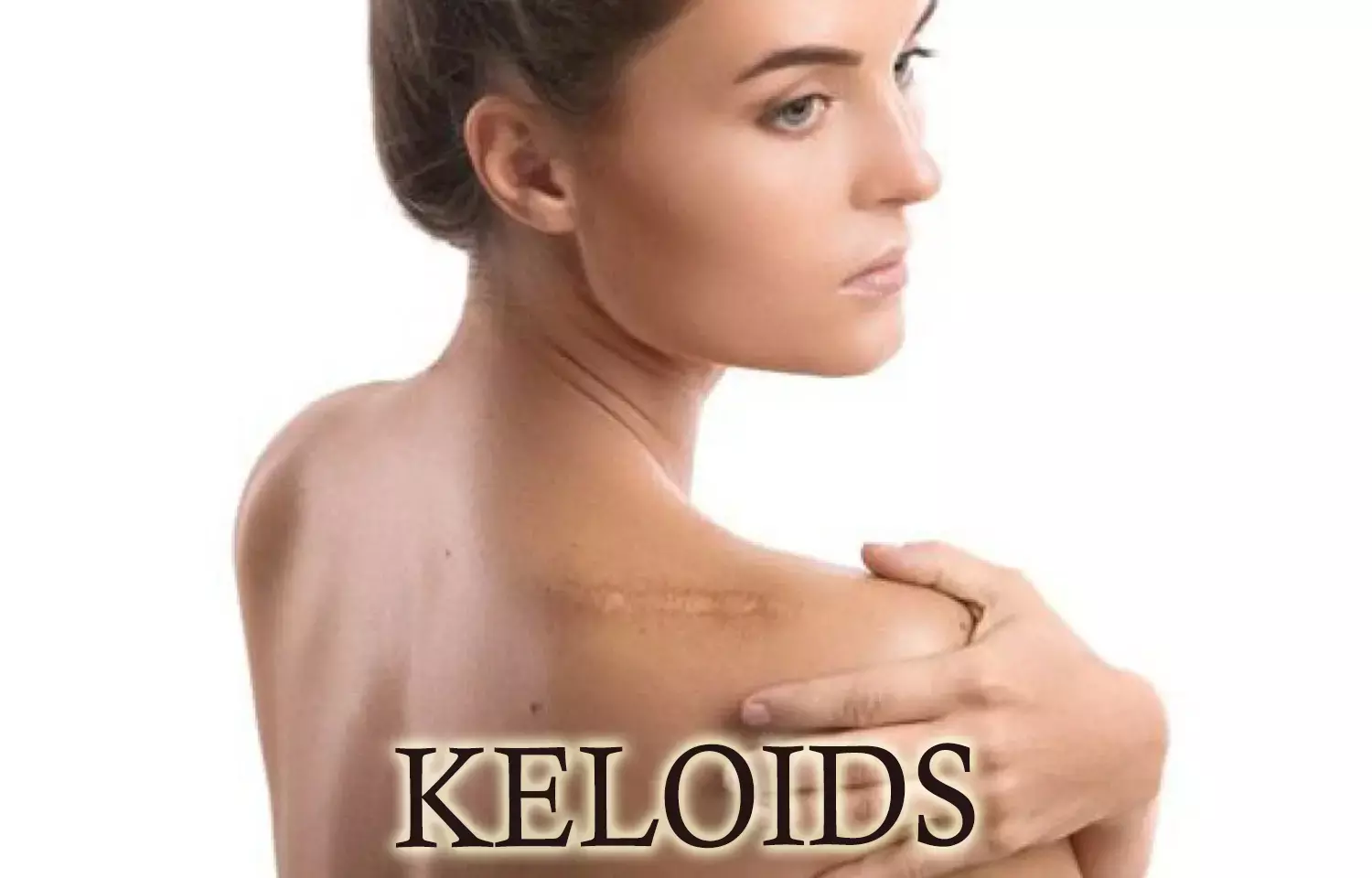- Home
- Medical news & Guidelines
- Anesthesiology
- Cardiology and CTVS
- Critical Care
- Dentistry
- Dermatology
- Diabetes and Endocrinology
- ENT
- Gastroenterology
- Medicine
- Nephrology
- Neurology
- Obstretics-Gynaecology
- Oncology
- Ophthalmology
- Orthopaedics
- Pediatrics-Neonatology
- Psychiatry
- Pulmonology
- Radiology
- Surgery
- Urology
- Laboratory Medicine
- Diet
- Nursing
- Paramedical
- Physiotherapy
- Health news
- Fact Check
- Bone Health Fact Check
- Brain Health Fact Check
- Cancer Related Fact Check
- Child Care Fact Check
- Dental and oral health fact check
- Diabetes and metabolic health fact check
- Diet and Nutrition Fact Check
- Eye and ENT Care Fact Check
- Fitness fact check
- Gut health fact check
- Heart health fact check
- Kidney health fact check
- Medical education fact check
- Men's health fact check
- Respiratory fact check
- Skin and hair care fact check
- Vaccine and Immunization fact check
- Women's health fact check
- AYUSH
- State News
- Andaman and Nicobar Islands
- Andhra Pradesh
- Arunachal Pradesh
- Assam
- Bihar
- Chandigarh
- Chattisgarh
- Dadra and Nagar Haveli
- Daman and Diu
- Delhi
- Goa
- Gujarat
- Haryana
- Himachal Pradesh
- Jammu & Kashmir
- Jharkhand
- Karnataka
- Kerala
- Ladakh
- Lakshadweep
- Madhya Pradesh
- Maharashtra
- Manipur
- Meghalaya
- Mizoram
- Nagaland
- Odisha
- Puducherry
- Punjab
- Rajasthan
- Sikkim
- Tamil Nadu
- Telangana
- Tripura
- Uttar Pradesh
- Uttrakhand
- West Bengal
- Medical Education
- Industry
Vitamin D can effectively treat keloid scars, finds Study

Cairo, Egypt: Intralesional vitamin D is a safe and effective method for the treatment of keloid scars, finds a recent study in the Journal of Cosmetic Dermatology. Further, the study found ultrasound to be a useful method for assessing keloids improvement after treatment.
Keloid, a raised scar that appears following healing of an injury, is a benign well‐demarcated overgrowth of fibrotic tissue which extends beyond the original boundaries of a defect. Keloid s treatment is particularly challenging to dermatologists. Intralesional corticosteroid injection has been considered the first‐line treatment for keloids.
Vitamin D plays an essential role in cell differentiation and proliferation as its slows the progression of tissue fibrosis by keloid fibroblasts and inhibit the synthesis of collagen in dermal fibrosis. Considering this, Menna Mamdouh, Dermatology and Venereology, Al‐Azhar University, Cairo, Egypt, and colleagues aimed to evaluate the efficacy of intralesional injection of vitamin D in the treatment of keloids, both clinically and ultrasonically.
For the purpose, 40 Egyptian patients with keloid scars were injected weekly with intralesional vitamin D with dose of 0.2 ml (200,000 IU) per 1 cm lesion. The keloid scars were evaluated with Vancouver Scar Scale (VSS) and by a high‐resolution ultrasound using B mode before and after treatment, the patients received 3 to 4 sessions.
Key findings include:
- There was statistically highly significant reduction in VSS after treatment with intralesional vitamin D injection.
- There was also statistically highly significant improvement in ultrasonic keloid scar thickness after treatment.
"Intralesional vitamin D is an effective and safe method in treatment of keloid scars. Ultrasound is a useful method in assessing the improvement of keloids after treatment," wrote the authors.
Reference:
The study titled, "Role of vitamin D in treatment of keloid," is published in the Journal of Cosmetic Dermatology.
DOI: https://onlinelibrary.wiley.com/doi/10.1111/jocd.14070
Dr Kamal Kant Kohli-MBBS, DTCD- a chest specialist with more than 30 years of practice and a flair for writing clinical articles, Dr Kamal Kant Kohli joined Medical Dialogues as a Chief Editor of Medical News. Besides writing articles, as an editor, he proofreads and verifies all the medical content published on Medical Dialogues including those coming from journals, studies,medical conferences,guidelines etc. Email: drkohli@medicaldialogues.in. Contact no. 011-43720751


